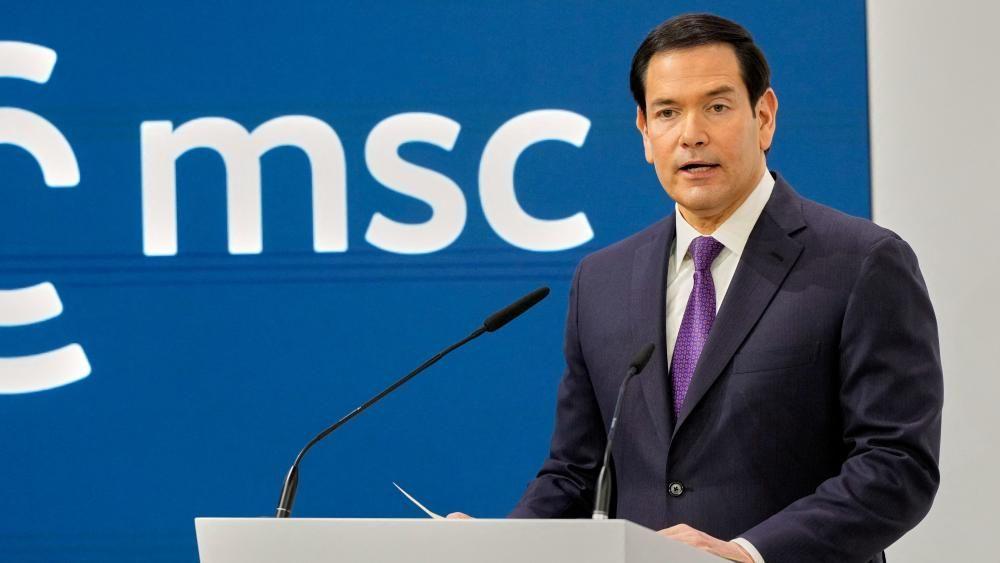Epstein Scandal: New Emails Uncover Elite's Moral Decay, Prince Andrew Under Scrutiny

The ongoing investigation into the late alleged sex trafficker Jeffrey Epstein has intensified, with new revelations emerging from recently released documents and increased pressure on figures connected to the case, including Prince Andrew Mountbatten-Windsor and former President Donald Trump. A congressperson investigating the case has accused Prince Andrew of "hiding" from requests to sit for a deposition, while newly disclosed emails from Epstein himself suggest Trump "knew about the girls."
Suhas Subramanyam, a Democratic member of the House of Representatives oversight committee, confirmed that Prince Andrew Mountbatten-Windsor has not responded to a request to sit for a deposition as part of the committee's investigation into the government's handling of the Epstein case. Subramanyam stated that Mountbatten-Windsor "has been hiding from us, and I think he will continue to try to hide from people doing meaningful investigations of this matter." Prince Andrew, who was stripped of his royal title by King Charles amid concerns over his friendship with Epstein and an allegation of sexual assault by Virginia Giuffre, continues to appear in documents related to the financier. Subramanyam noted that "every time we find more evidence, Prince Andrew seems to be in the documents," indicating sustained pressure despite his limited options for compelling testimony from a foreign national. The congressperson suggested that if Andrew does not voluntarily come forward, others close to him might provide information, and the committee will continue to pursue evidence that "keeps talking about Andrew."
Simultaneously, newly released emails from Jeffrey Epstein shed light on his claims regarding Donald Trump's awareness of his activities. Before his death, Epstein explicitly stated that Trump "knew about the girls," a claim Trump has consistently denied. These communications, disclosed by members of Congress, show Epstein corresponding about Trump extensively in the years leading up to Epstein's death in 2019, particularly as Trump's political prominence grew. In a 2015 email to a New York Times reporter, Epstein vividly described Trump almost walking into a door, "leaving his nose print on the glass as young women were swimming in the pool he was so focused he walked straight into the door." Epstein also offered to provide "photos of donald and girls in bikinis in my kitchen" in another exchange and directly asserted in a 2019 email to journalist Michael Wolff, "of course he knew about the girls."
Further troubling exchanges reveal strategic discussions between Epstein and Wolff. In December 2015, on the eve of a Republican primary debate where Trump was expected to be questioned about Epstein, Wolff asked Epstein for advice on crafting an answer for Trump. Wolff suggested that if Trump denied visiting Epstein's property, it could create "valuable PR and political currency" for Epstein, allowing him to "hang him in a way that potentially generates a positive benefit for you, or if it really looks like he could win, you could save him, generating a debt." These communications depict Epstein as someone who knew Trump intimately and could provide insight into his habits and mind, with Epstein explicitly stating, "You see, i know how dirty donald is."
The release of these documents also underscores the vast network of connections Epstein maintained among the nation's elite, even after his 2008 sex crimes conviction. Emails show interactions with prominent figures such as economist Larry Summers and billionaire venture capitalist Peter Thiel. While there is no evidence these men participated in Epstein's abuse, their exchanges suggest a "blithe tolerance" of his presence and comfort in intimate communications with a known sex offender. One email from Summers lamented that if you "hit on a few women 10 years ago" you "can’t work at a network or think tank" after the #MeToo movement emerged, demonstrating a perceived shift in societal norms.
Congress is moving forward with efforts to compel the release of more US government files related to Epstein. The House is expected to vote on legislation to release these files, a move initially opposed by Trump but which he later reversed course on, calling for its approval. While passage in the House is anticipated, its prospects in the Senate remain unclear, with Democrats expecting the president to exert pressure on the Republican majority. Subramanyam emphasized that public pressure, driven by the courage of the victims, is crucial for the legislation's success, stating, "the more public pressure there is, the more of a chance we could see this happen in the Senate."
You may also like...
When Sacred Calendars Align: What a Rare Religious Overlap Can Teach Us

As Lent, Ramadan, and the Lunar calendar converge in February 2026, this short piece explores religious tolerance, commu...
Arsenal Under Fire: Arteta Defiantly Rejects 'Bottlers' Label Amid Title Race Nerves!

Mikel Arteta vehemently denies accusations of Arsenal being "bottlers" following a stumble against Wolves, which handed ...
Sensational Transfer Buzz: Casemiro Linked with Messi or Ronaldo Reunion Post-Man Utd Exit!

The latest transfer window sees major shifts as Manchester United's Casemiro draws interest from Inter Miami and Al Nass...
WBD Deal Heats Up: Netflix Co-CEO Fights for Takeover Amid DOJ Approval Claims!

Netflix co-CEO Ted Sarandos is vigorously advocating for the company's $83 billion acquisition of Warner Bros. Discovery...
KPop Demon Hunters' Stars and Songwriters Celebrate Lunar New Year Success!

Brooks Brothers and Gold House celebrated Lunar New Year with a celebrity-filled dinner in Beverly Hills, featuring rema...
Life-Saving Breakthrough: New US-Backed HIV Injection to Reach Thousands in Zimbabwe

The United States is backing a new twice-yearly HIV prevention injection, lenacapavir (LEN), for 271,000 people in Zimba...
OpenAI's Moral Crossroads: Nearly Tipped Off Police About School Shooter Threat Months Ago
ChatGPT-maker OpenAI disclosed it had identified Jesse Van Rootselaar's account for violent activities last year, prior ...
MTN Nigeria's Market Soars: Stock Hits Record High Post $6.2B Deal

MTN Nigeria's shares surged to a record high following MTN Group's $6.2 billion acquisition of IHS Towers. This strategi...





